Scotland’s deposit return scheme is “not going to be perfect” on day one, but those running it insist it’s best to stick with the plan to launch it this summer and “fix the rough edges as we go”.
Donald McCalman is programme director for Circularity Scotland, the organisation which will be overseeing the country’s controversial bottle and can return scheme.
Many have raised a great deal of concerns about the upcoming recycling policy as it currently stands, with fears that it could hurt businesses already struggling to recover from Covid — not to mention the ongoing cost of living crisis.
Calls have been made to postpone the roll-out until these concerns have been fully addressed.
But Mr McCalman says the best way forward is for the whole country to stay on course and officially launch the scheme on August 16 as planned.
He said: “If you wait for absolute perfection, every last-minute detail in place, every last question answered — you will never, ever deliver.”
‘Full disclosure, it’s not going to be perfect’
Mr McCalman argued Circularity Scotland and its partners are actively listening to the concerns of businesses like drinks producers, hospitality, wholesalers and importers, and taking all of their worries into consideration.
But he doesn’t believe postponing the launch to ensure absolutely every problem is addressed by August is the right approach.
He said: “The government has looked at this, and they were asking questions some time ago — can you launch this in phases, can you just do the central belt, can you just do shops first…
“But because of the intercomplexity and the twining of our supply chain, there’s no way you can actually separate out any one area.
“So we’re going to go with a big bang instead.
“August 16, we’re ready, we’re going to be there.”
He added: “Full disclosure, it’s not going to be perfect.
“But it’s going to be more than good enough that we’re going to start the journey of getting people into the habit of the deposit return scheme.”
Rate of empty bottle and can collections will be ‘tuned’ as scheme progresses
The programme director highlighted the rate of pick-ups from businesses who will be collecting empty containers as one example of how Circularity Scotland intends to be ironing out problems after the scheme launches.
Once it’s fully up and running, most single-use drinks bottles and cans made of glass, plastic or metal will come with a 20 pence deposit per unit.
Consumers then get this 20 pence back when they drop them off in reverse vending machines, or at manual return points in shops or other businesses that sell drinks.
Circularity Scotland will be in charge of picking up all these empties, but how often they come around for pick-ups will depend on all sorts of individual factors, Mr McCalman said.
He explained: “What we’re saying to return points is we’ll take the best data you can give us during this phase.
“That will lead us to saying here’s the first collection cycle we’re going to do: tell us how much space you’ve got, tell us how many containers you’re selling, and that gives us a better idea.
“We could then say okay, we’ll come to you weekly, let’s see how that goes.
“If you’re then overflowing with bags, then we’ll come more regularly.
“Similarly, if we turn up and you’ve got four containers, we’re probably going to come less often because it’s not efficient for us to do that.
“So we’re going to tune our collections based on what actually starts coming through.”
Most schemes start ‘clunky’ — but Scotland’s will be ‘better than clunky’
Mr McCalman said Circularity Scotland has looked at similar schemes which have operated successfully across the world.
He said: “We’ll fix the little things we’ve forgotten about, and fix the rough edges as we go.
“Most schemes start clunky. We’ve learned a hell of a lot from other schemes.
“I think we’ll be better than clunky…but we’re not going to be perfect.
“Everybody will start refining the scheme as we go through the first days, weeks and months.
“It is a big change. If anyone thinks it’s going to be perfect on day one, I don’t know what they’ve been on.”
Scottish deposit return scheme hoped to become as everyday as taking reusable bags to the shops
Mr McCalman continued: “People get new habits.
“The classic example I give is for three weeks after the carrier bag rules came in Scotland, I would walk up to shops with no carrier bag.
“I’d be buying these things like paper and eventually, my habits changed.
“I now shove the bags for life in the back of the car, and I’m fine.
“We’re going to get there for both consumers and businesses as well, we just need to get through the changes, hurdles and so on associated with going live.”
‘Every single person in Scotland will see the benefits of this’
“Personally, the reason I’m so into this is I live in Glasgow, and the streets are awash with litter.” said Mr McCalman.
“I’m not going to get all tree-huggy, but it works.
“Every single person in Scotland will see the benefits of this.
“It’s very easy to get pulled into all the discussions that have been going on, and fine, people want to air these things, I get that.
“But I go back to the many countries using it, hundreds of millions of consumers, and frankly tidier environments, and that’s what it’s all about.
“We’ll get there, absolutely.”
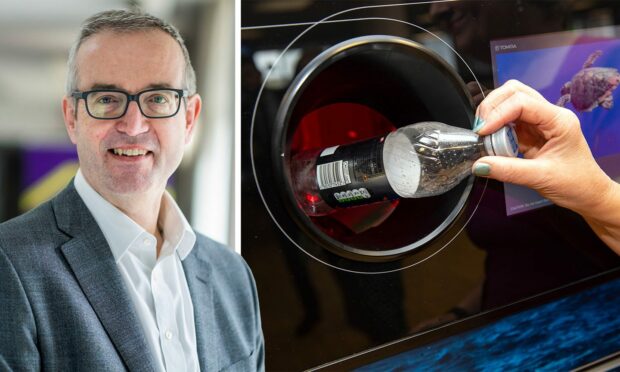
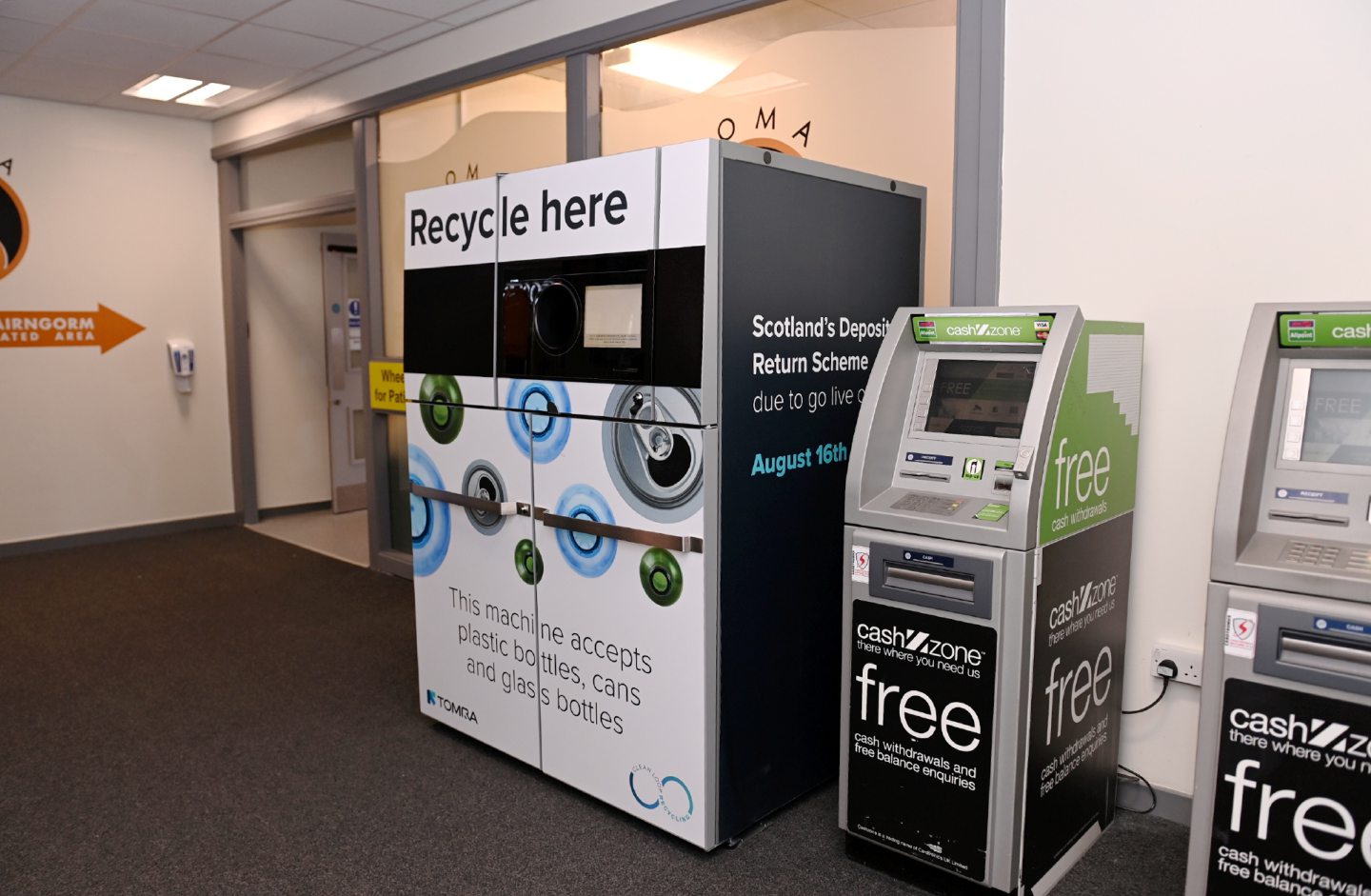

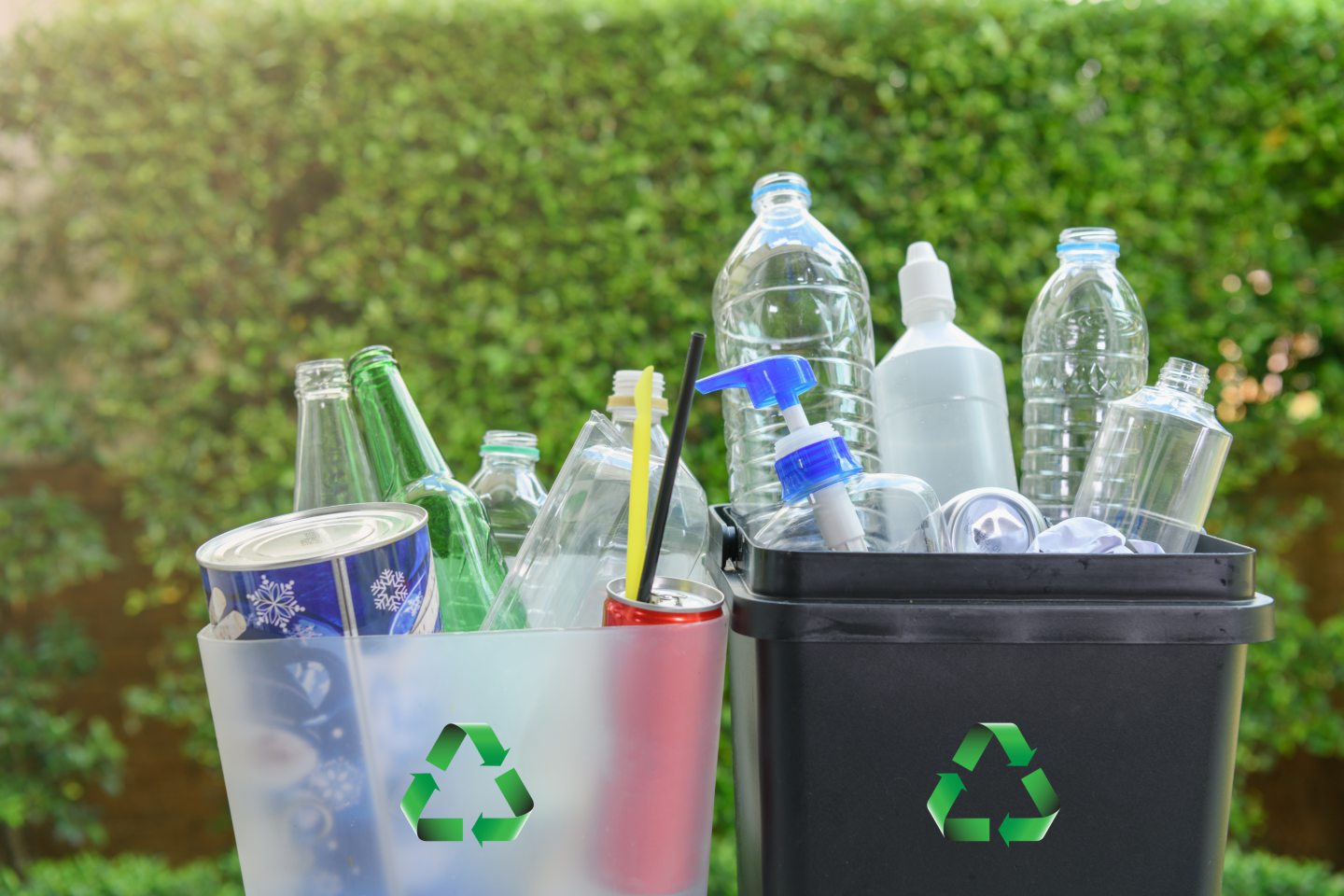
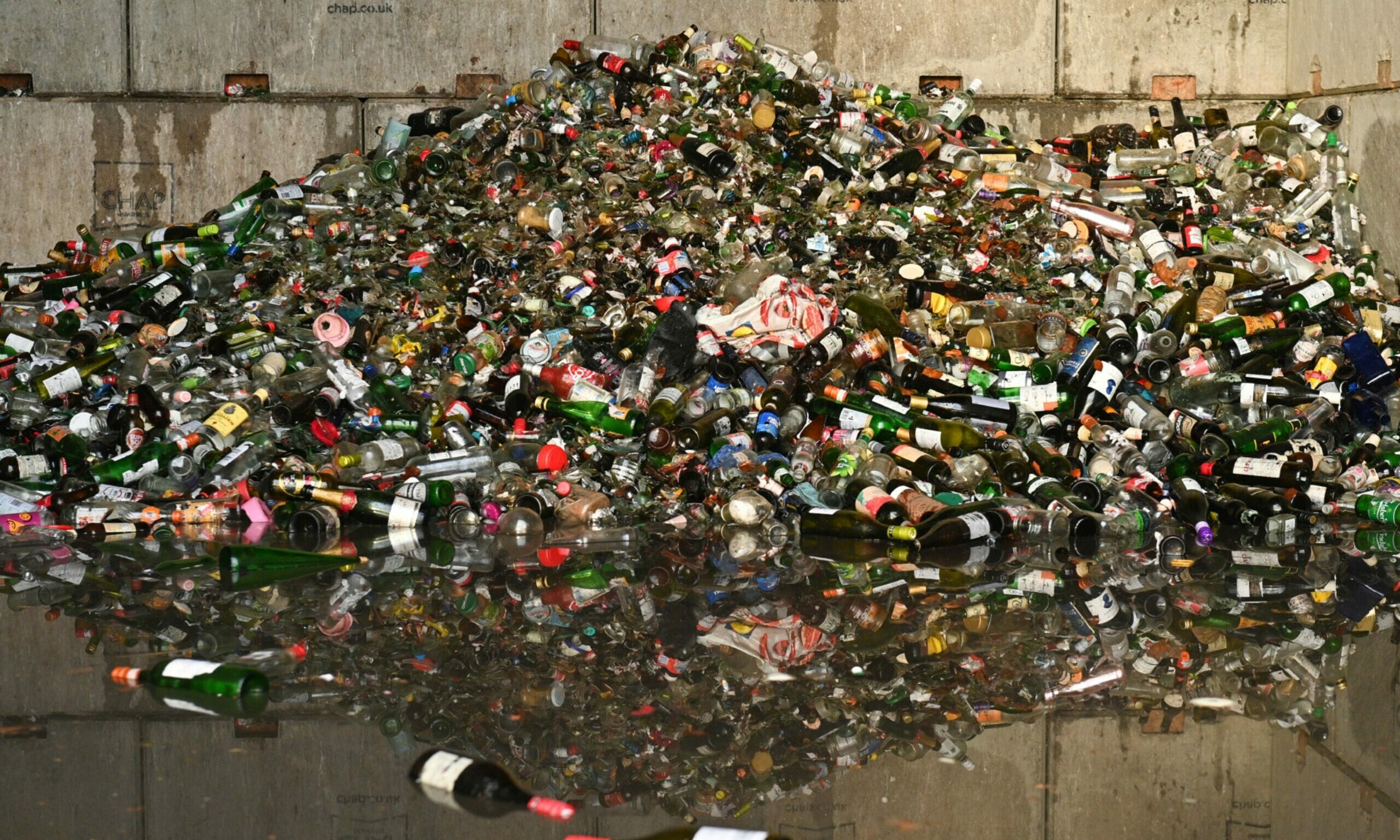
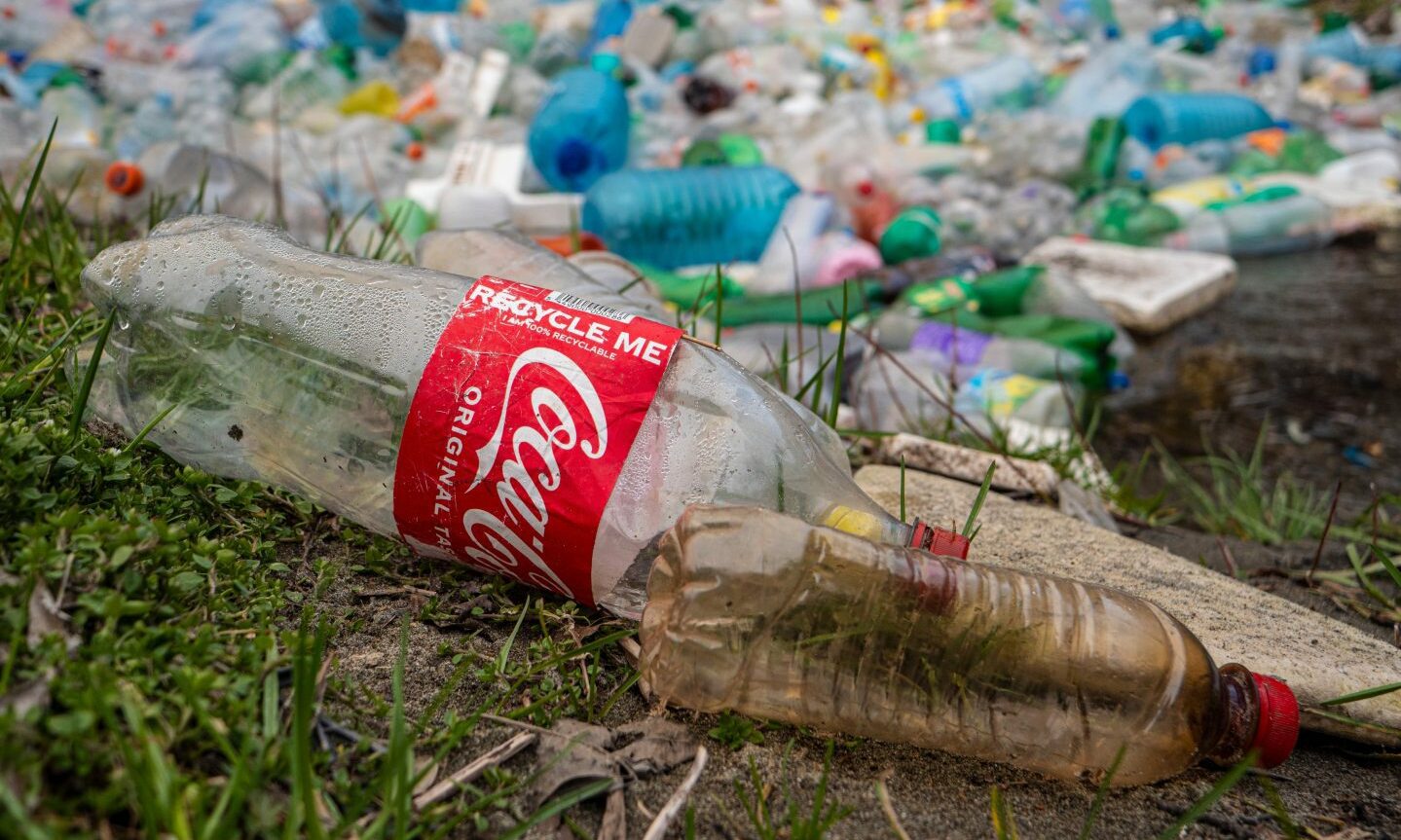
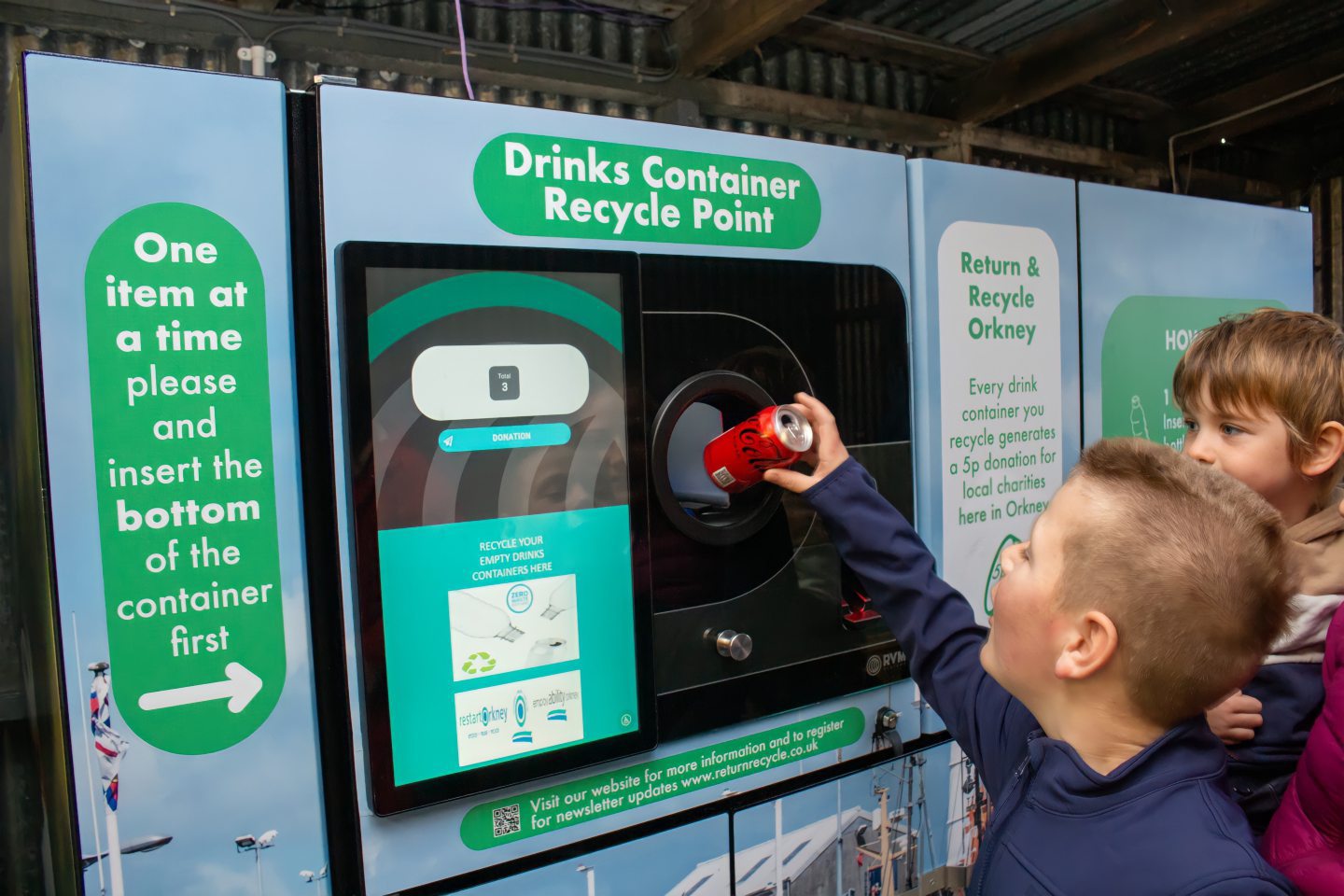
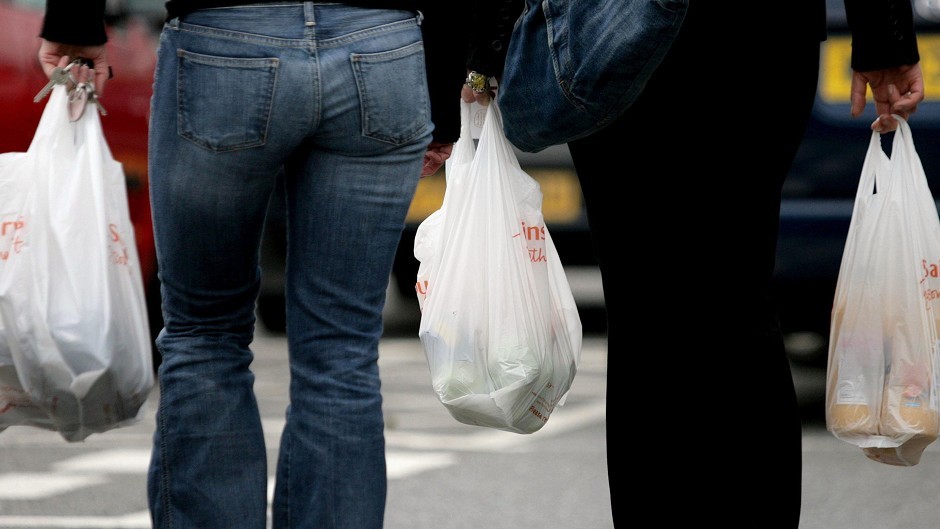
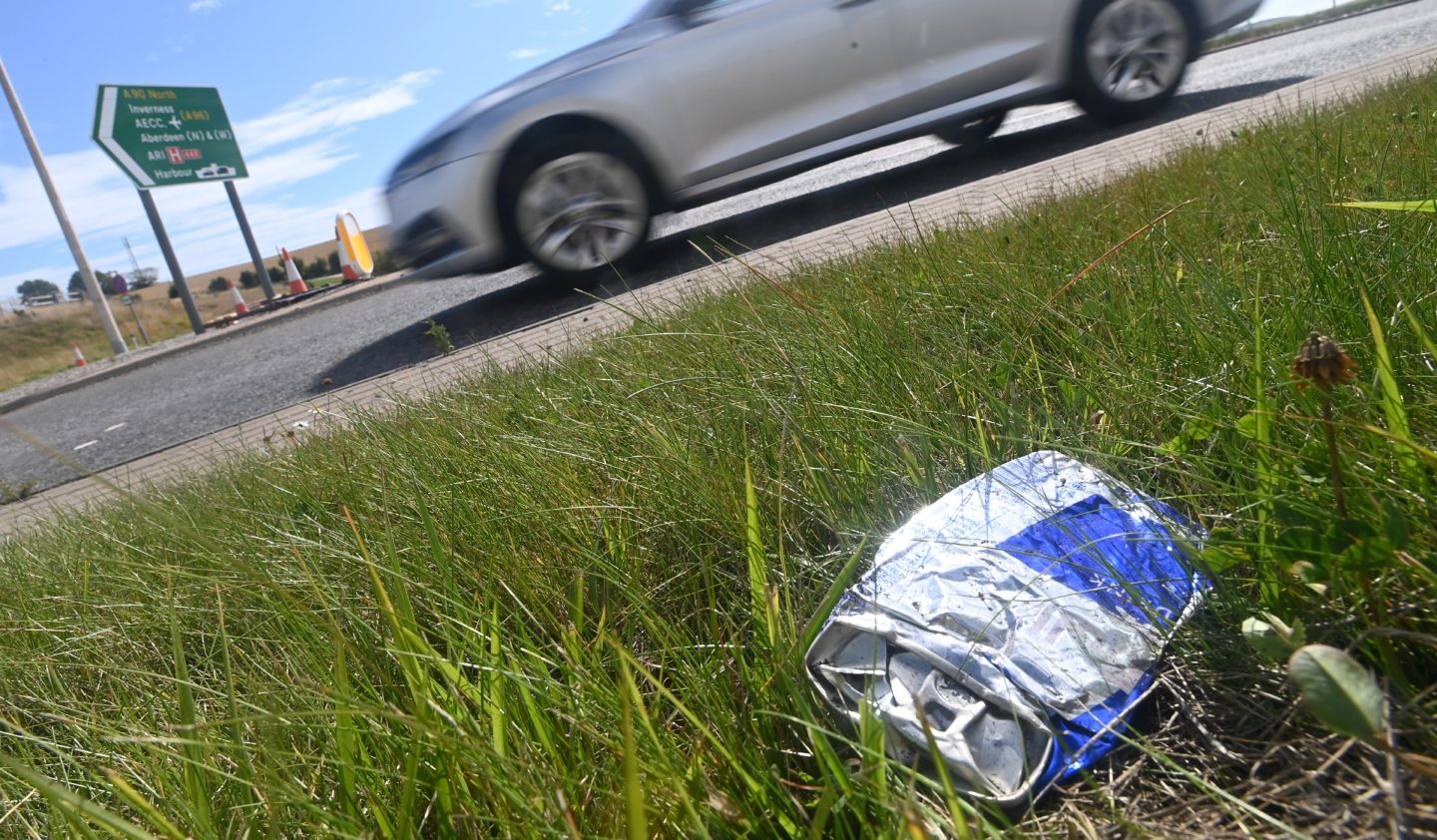
Conversation